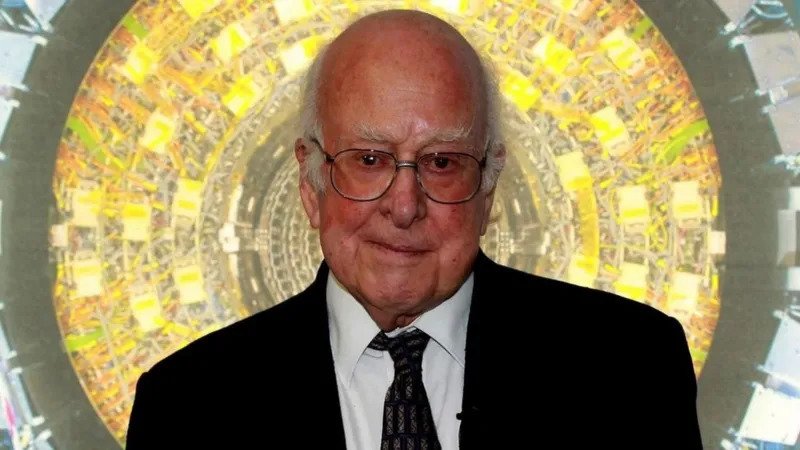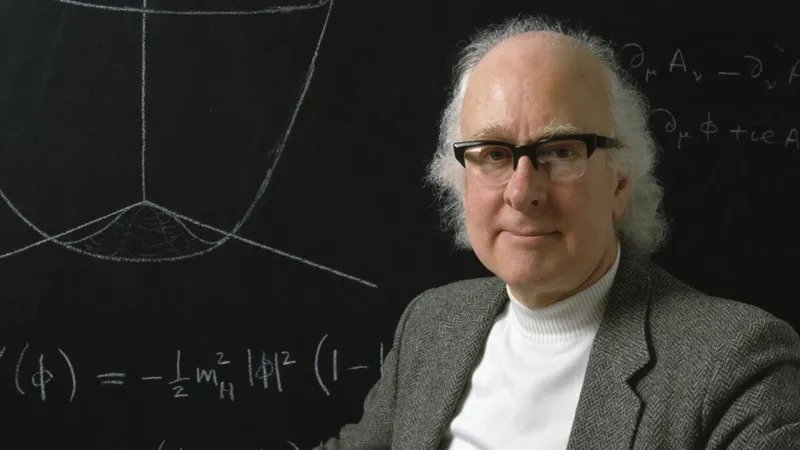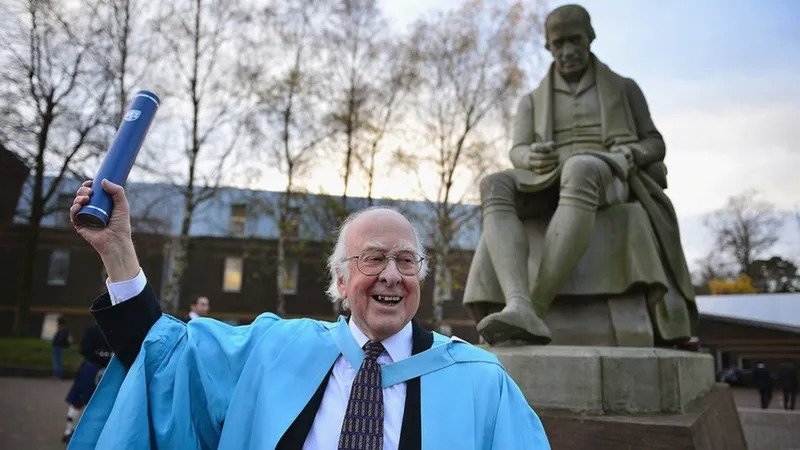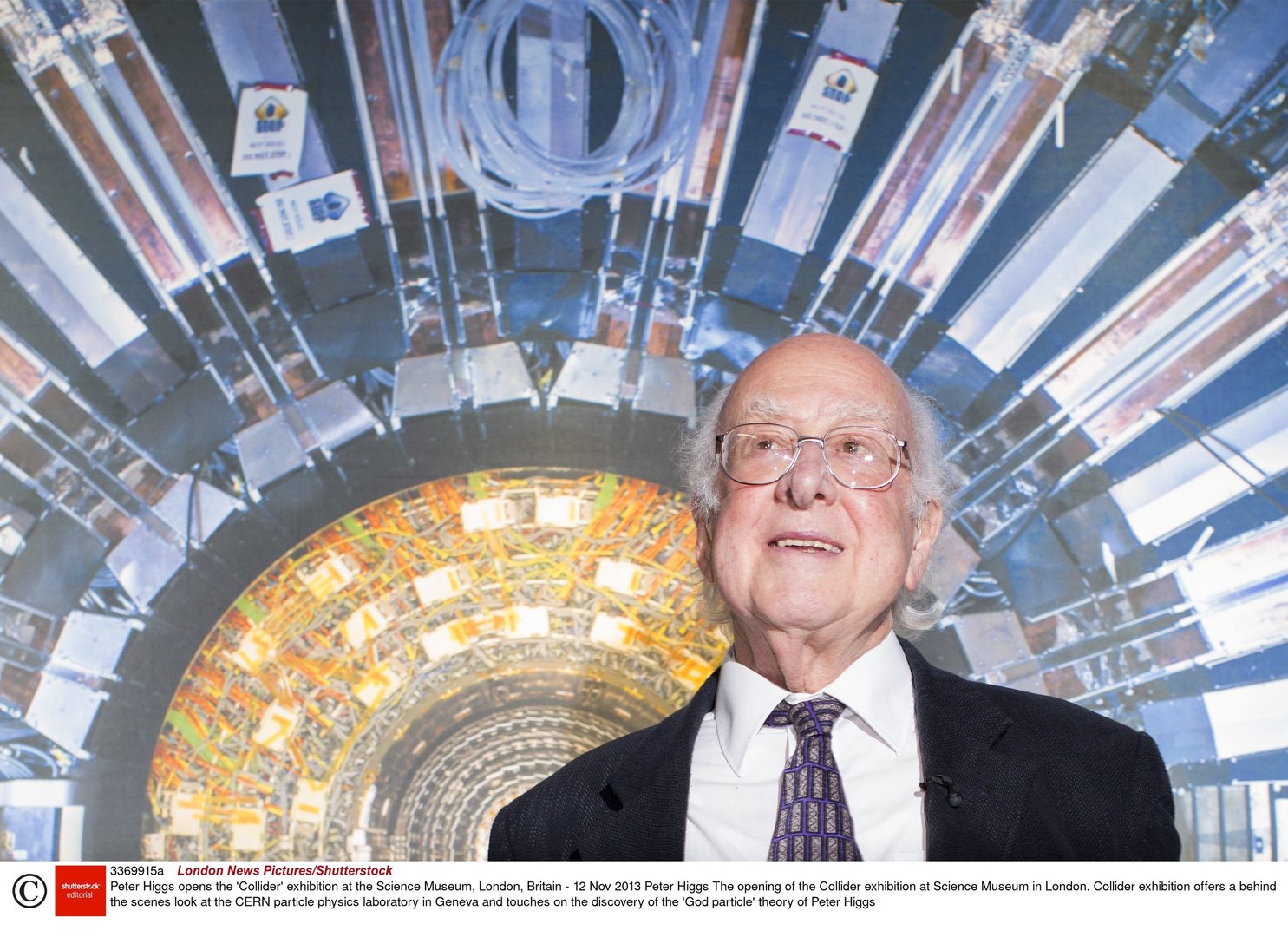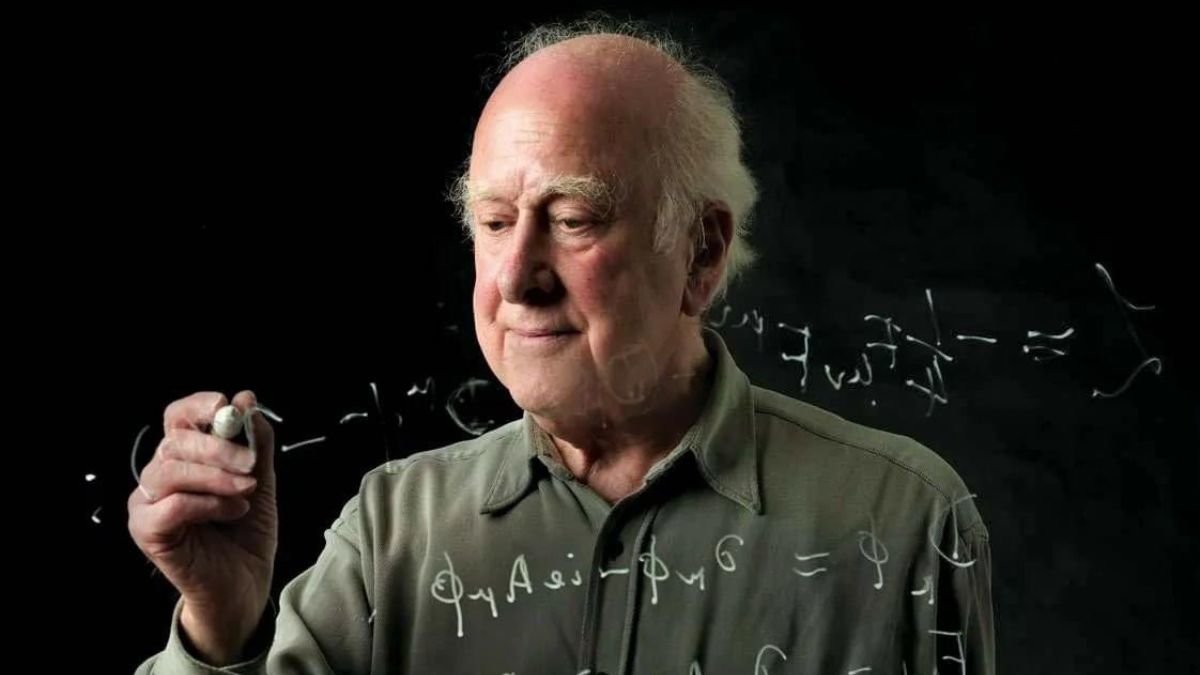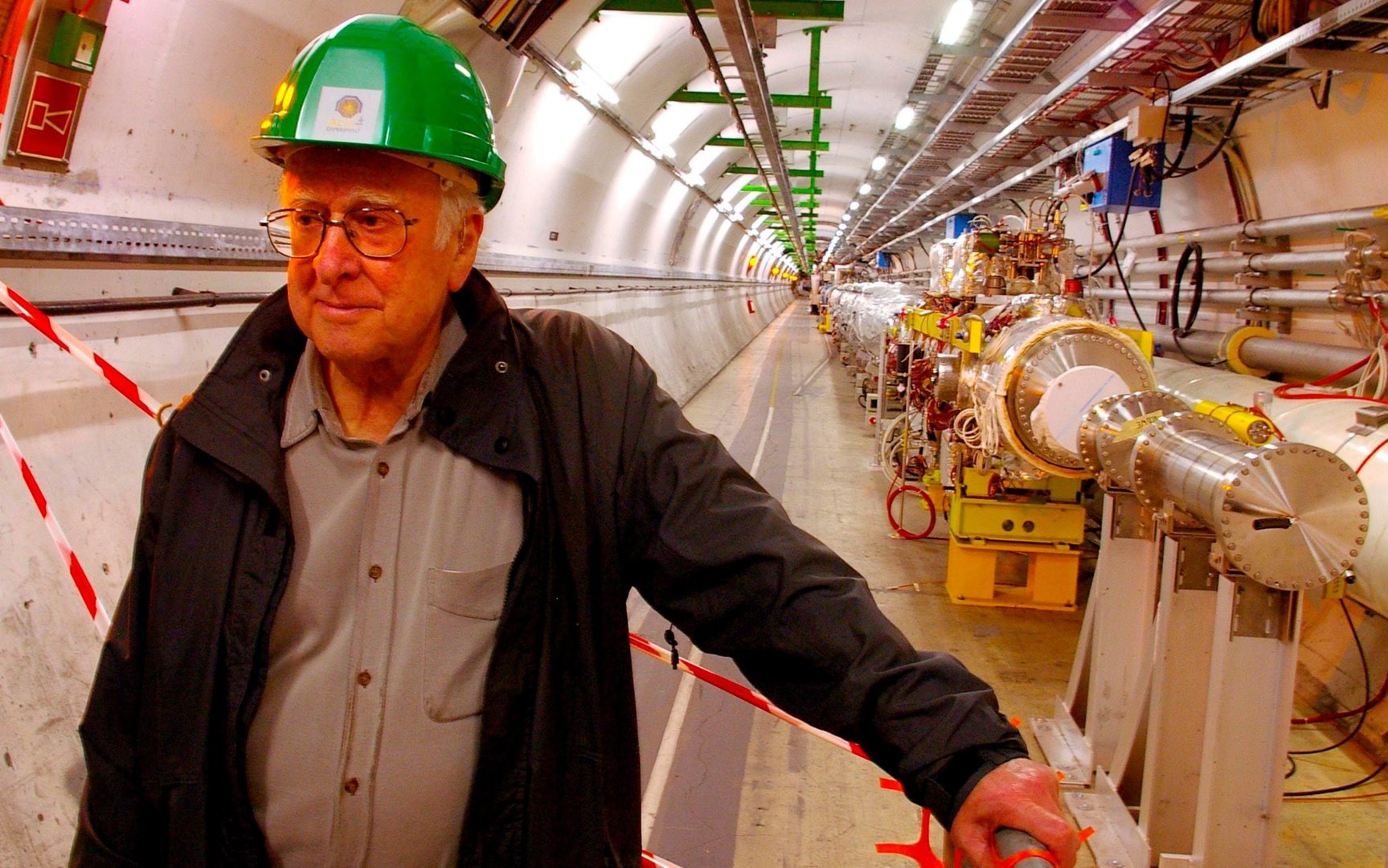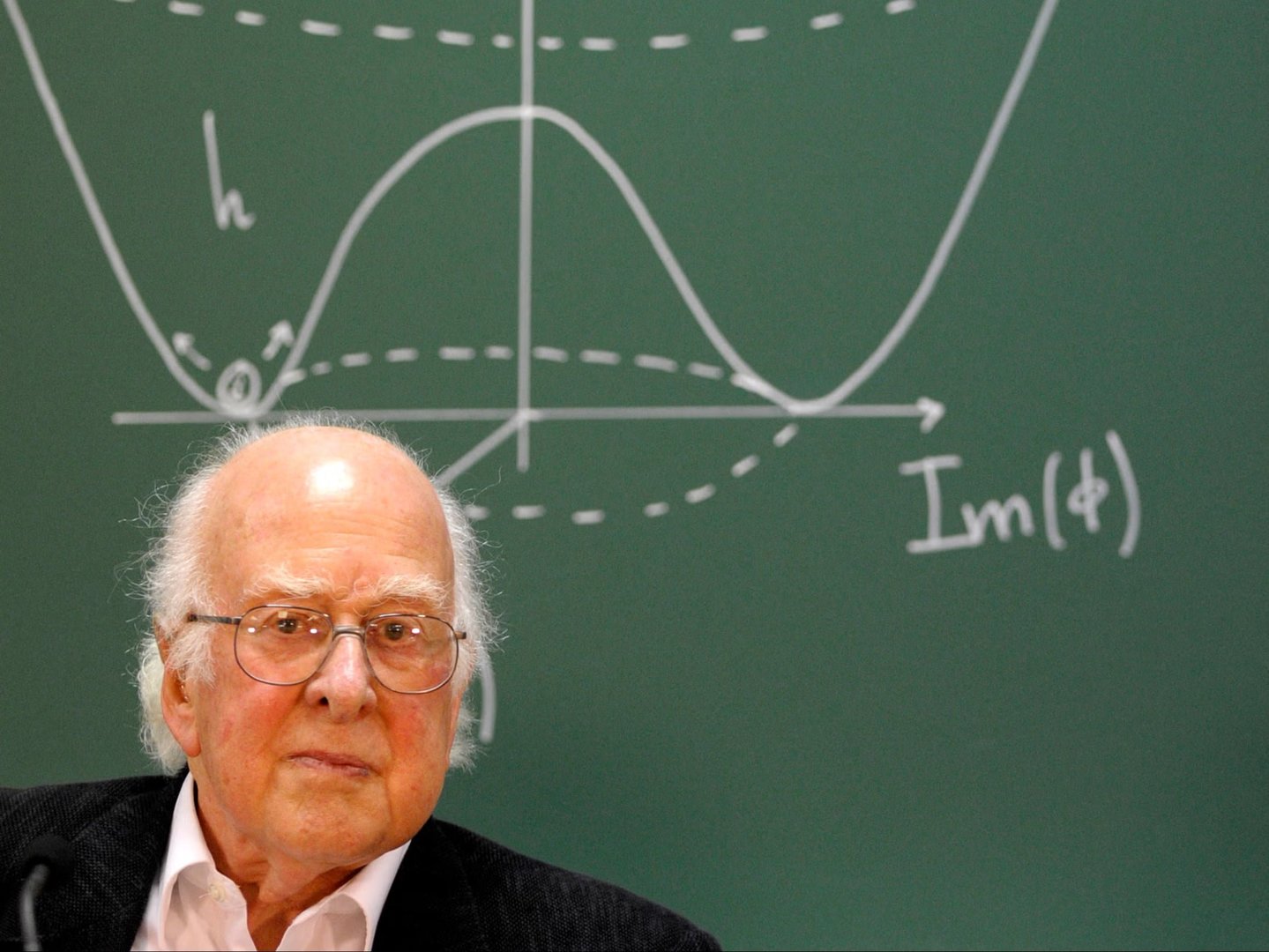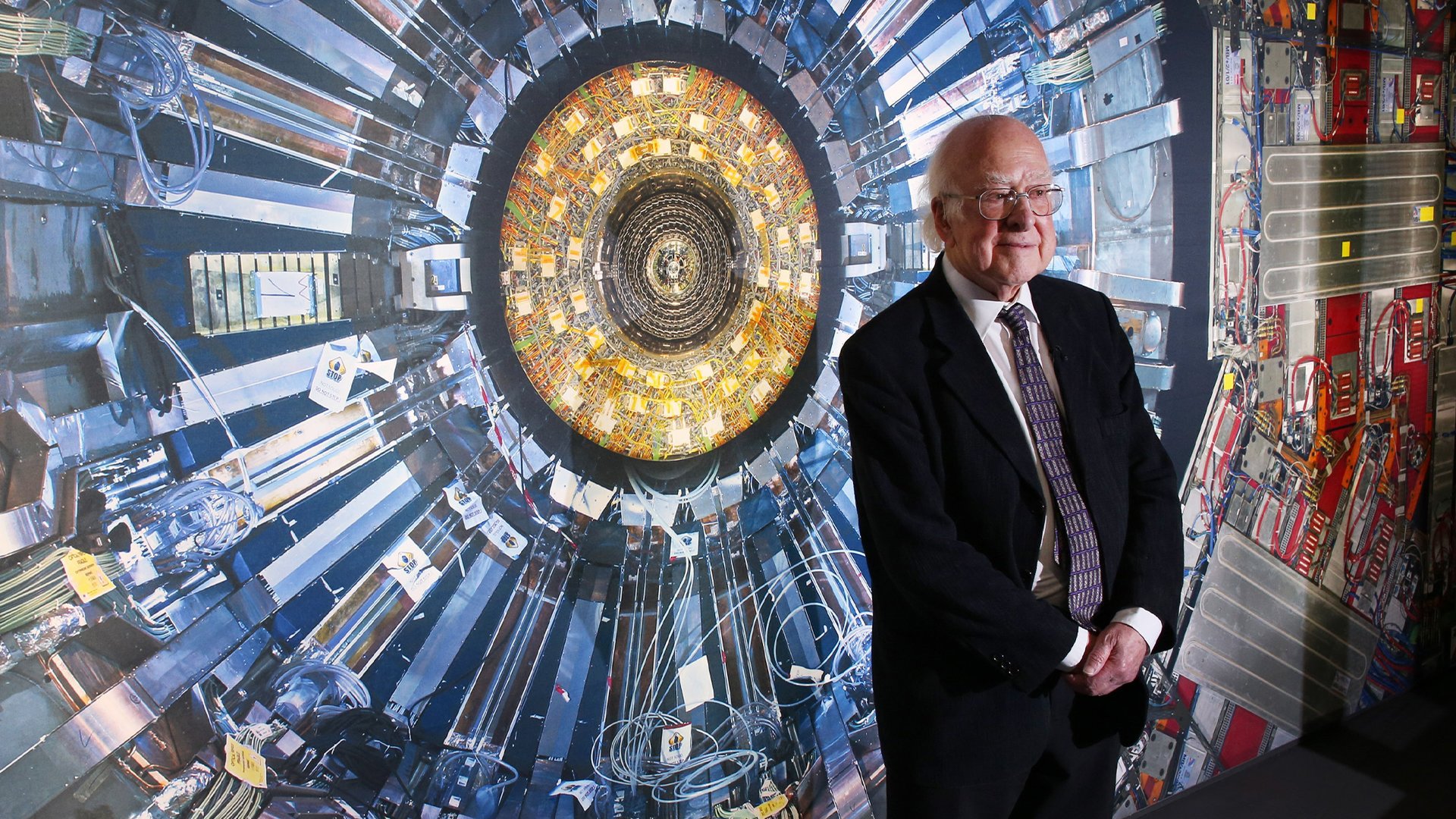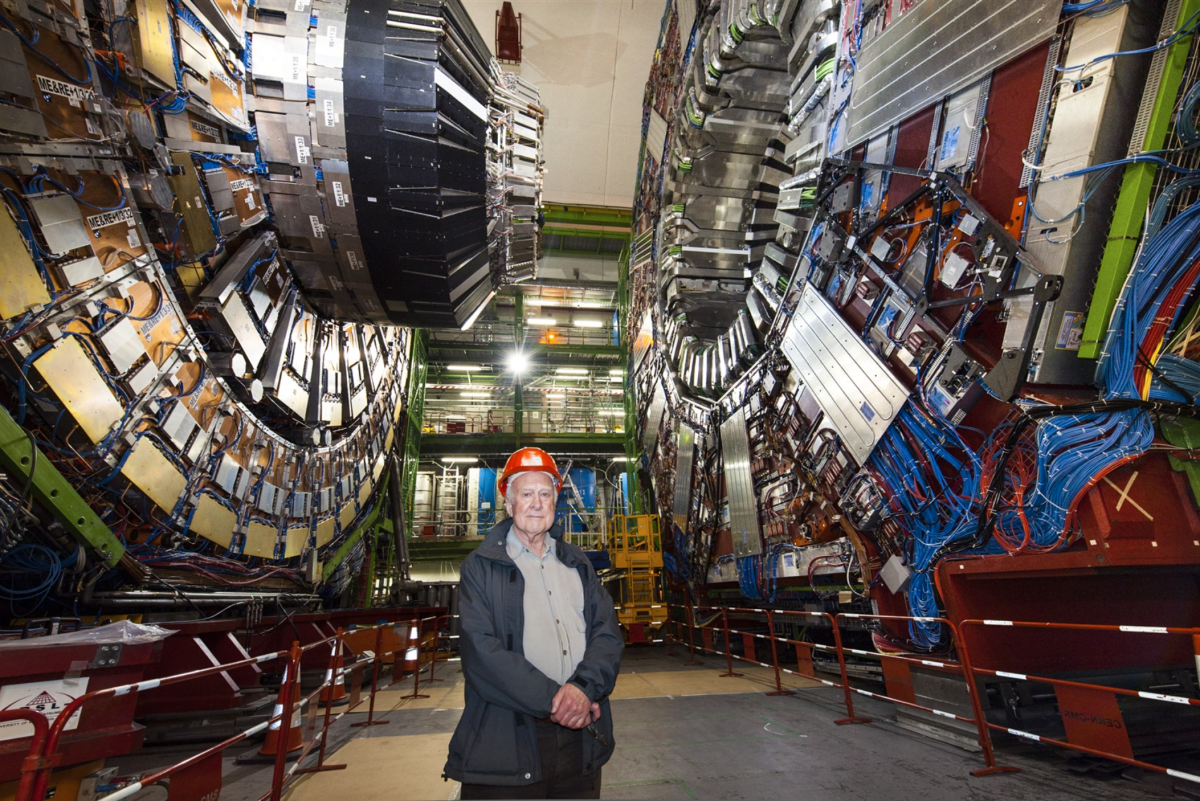Peter Higgs: The Shy Physicist Who Discovered the 'God Particle' and Changed Our Understanding of the Universe
Prof. Peter Higgs, who passed away, is best known for proposing the theory of the Higgs boson, also called the "God particle," in the 1960s.
This theory explained why fundamental particles in the universe have mass.
His idea, which other scientists also worked on, initiated a 50-year search for the Higgs boson.
The particle was discovered in 2012 using the Large Hadron Collider at CERN in Switzerland.
Peter Higgs, born in 1929 in Newcastle upon Tyne, was a brilliant student with a background in chemistry.
He earned a PhD from King's College in London but was unable to secure a job there.
Instead, he moved to the University of Edinburgh where he focused on the question of why some particles have mass.
His theory, which came to be known as the Higgs Boson theory, was published in 1964 after facing initial resistance due to its complexity.
Higgs' work completed the Standard Model of particle physics and earned him the Nobel Prize in Physics in 2013.
A theory about the Higgs boson, a particle that gives other particles mass, was developed over several years by Peter Higgs and two other scientific groups around the same time.
The particle became known as the Higgs boson, and scientists searched for it using advanced technology for 50 years.
Higgs retired from the University of Edinburgh in 2006 but continued to follow developments at CERN in Geneva, where the Large Hadron Collider was being used to find the Higgs boson.
His idea, which other scientists also worked on, initiated a 50-year search for the Higgs boson.
The particle was discovered in 2012 using the Large Hadron Collider at CERN in Switzerland.
Peter Higgs, born in 1929 in Newcastle upon Tyne, was a brilliant student with a background in chemistry.
He earned a PhD from King's College in London but was unable to secure a job there.
Instead, he moved to the University of Edinburgh where he focused on the question of why some particles have mass.
His theory, which came to be known as the Higgs Boson theory, was published in 1964 after facing initial resistance due to its complexity.
Higgs' work completed the Standard Model of particle physics and earned him the Nobel Prize in Physics in 2013.
A theory about the Higgs boson, a particle that gives other particles mass, was developed over several years by Peter Higgs and two other scientific groups around the same time.
The particle became known as the Higgs boson, and scientists searched for it using advanced technology for 50 years.
Higgs retired from the University of Edinburgh in 2006 but continued to follow developments at CERN in Geneva, where the Large Hadron Collider was being used to find the Higgs boson.
